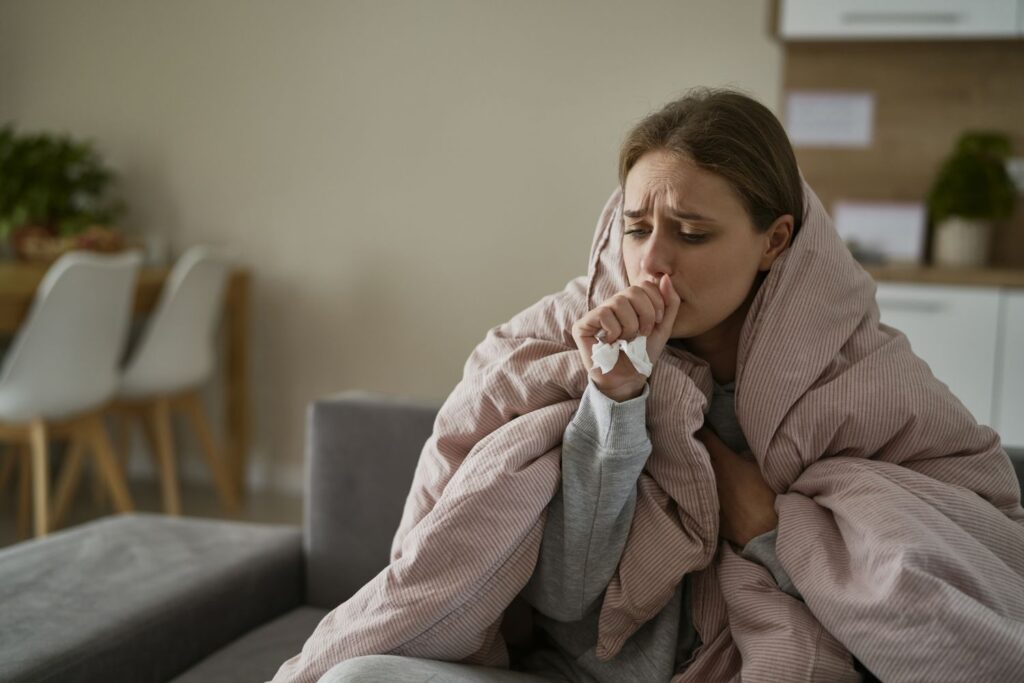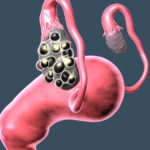A cough is a common reflex action that helps clear your airways of irritants such as mucus, dust, smoke, or microbes. While most coughs are temporary and resolve on their own, understanding the underlying causes, types, and effective treatments can significantly improve your comfort and recovery time. This article offers an in-depth analysis of cough, exploring its various types, causes, available treatments, and preventive measures to help you manage and relieve this condition effectively.

What is a Cough?
A cough is a natural reflex that helps your body expel foreign particles, mucus, or irritants from the airways. Coughing can be a sign of several conditions, ranging from a simple cold to more complex chronic diseases like asthma or chronic obstructive pulmonary disease (COPD). In most cases, coughing serves a protective role, but when it becomes persistent or accompanied by other symptoms, medical attention may be necessary.
Types of Cough
Coughs are typically classified into two main types based on their duration:
Acute Cough
An acute cough lasts less than three weeks and is often associated with upper respiratory infections such as the common cold, flu, or a throat infection. This type of cough generally improves as the underlying infection heals. Acute coughs can also result from irritants like smoke or pollutants.
Chronic Cough
A chronic cough persists for more than eight weeks and may signal a more serious condition, such as asthma, GERD (gastroesophageal reflux disease), or chronic bronchitis. Chronic coughs require medical evaluation to determine their cause and develop a suitable treatment plan.
Causes of Cough
Coughing can result from a variety of causes, ranging from viral infections to environmental factors. Some of the most common causes include:
1. Viral Infections
Viral infections, such as the common cold or flu, are among the most frequent triggers of acute coughing. These infections typically cause inflammation in the throat and respiratory tract, leading to coughing as the body attempts to clear the mucus and other fluids.
2. Bacterial Infections
Infections such as pneumonia or bronchitis, caused by bacteria, can also trigger coughing. These conditions are typically more serious than viral infections and may require antibiotics for treatment.
3. Allergies
Allergic reactions to dust, pollen, pet dander, and other airborne particles can lead to inflammation in the airways, resulting in coughing. This type of cough is often accompanied by other allergy symptoms, such as sneezing, runny nose, and itchy eyes.
4. Asthma
Asthma is a chronic respiratory condition that leads to the narrowing and inflammation of the airways, causing persistent coughing, wheezing, and shortness of breath. Coughing in asthma may worsen during physical activity or at night.
5. Gastroesophageal Reflux Disease (GERD)
GERD occurs when stomach acid backs up into the esophagus, causing irritation and leading to coughing. This type of cough is often worse after meals or when lying down.
6. Environmental Irritants
Exposure to environmental pollutants, such as cigarette smoke, air pollution, or chemical fumes, can irritate the airways, leading to coughing. Individuals who work in industries with exposure to harmful substances may experience chronic coughing as a result of prolonged irritation.
7. Post-nasal Drip
Post-nasal drip, caused by sinus infections or allergies, occurs when excess mucus drips down the back of the throat, triggering a cough. This is often accompanied by a sore throat and a feeling of congestion.
Cough Symptoms to Watch Out For
While a mild, occasional cough is usually not a cause for concern, there are certain symptoms that may signal a more serious underlying condition. Seek medical attention if you experience:
- A cough that lasts more than three weeks
- Blood in the mucus or sputum
- Severe shortness of breath or chest pain
- Wheezing or difficulty breathing
- High fever or chills
- Unexplained weight loss
Cough Treatments and Remedies
Treating a cough depends largely on its cause. While many coughs resolve on their own, there are several remedies and treatments available to alleviate symptoms and speed up recovery.
1. Over-the-counter Medications
There are two main types of over-the-counter medications that can help manage coughs:
- Cough Suppressants: Medications like dextromethorphan reduce the urge to cough, helping you rest.
- Expectorants: Guaifenesin is an expectorant that helps loosen mucus, making it easier to expel.
2. Home Remedies
Several home remedies can help soothe a cough and promote healing:
- Honey: Honey has antimicrobial properties and can help soothe a sore throat. Mix it with warm water or tea for relief.
- Steam Inhalation: Breathing in steam can help loosen mucus and ease irritation in the airways. This is particularly helpful for wet coughs.
- Saltwater Gargle: Gargling with warm salt water can soothe a sore throat and reduce coughing caused by throat irritation.
3. Prescription Medications
In cases of chronic cough caused by underlying conditions like asthma or GERD, prescription medications may be necessary. These include inhalers, steroids, and medications to reduce acid reflux.
4. Avoiding Irritants
If your cough is triggered by environmental irritants like smoke or allergens, minimizing exposure to these triggers is crucial. Consider using air purifiers, wearing a mask in polluted areas, and avoiding smoking or second-hand smoke.
5. Hydration
Staying well-hydrated can help thin mucus, making it easier to clear from the airways. Drink plenty of fluids like water, herbal teas, or broths to support recovery.
Preventing Cough
Preventing a cough involves reducing exposure to the factors that cause it. Here are a few tips to help prevent coughing:
- Practice good hygiene: Wash your hands regularly to prevent the spread of viruses and bacteria.
- Avoid smoking: Smoking is a major irritant to the lungs and increases the risk of chronic cough.
- Use air purifiers: Minimize exposure to allergens and pollutants by using air purifiers in your home.
- Stay vaccinated: Vaccines like the flu shot can help prevent infections that often lead to coughing.
When to Seek Medical Help
Most coughs resolve with home treatment or over-the-counter medications. However, if your cough is persistent, severe, or accompanied by alarming symptoms, it’s important to consult with a healthcare provider. They will perform a thorough evaluation to determine the underlying cause and recommend appropriate treatments.

